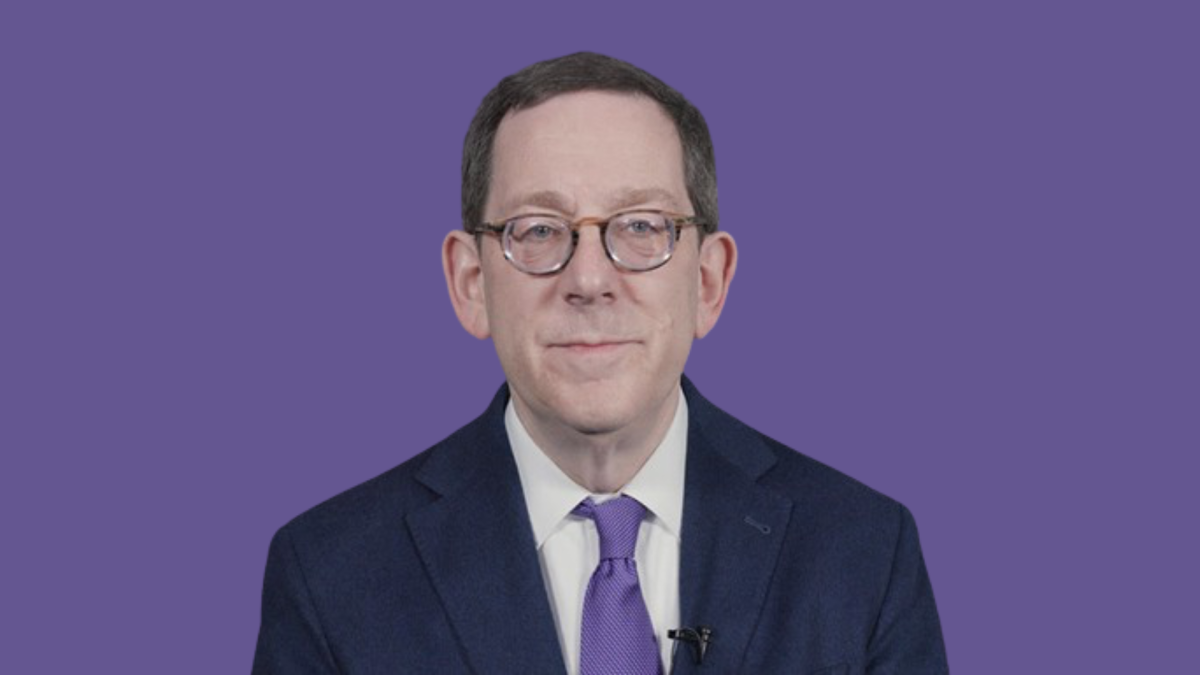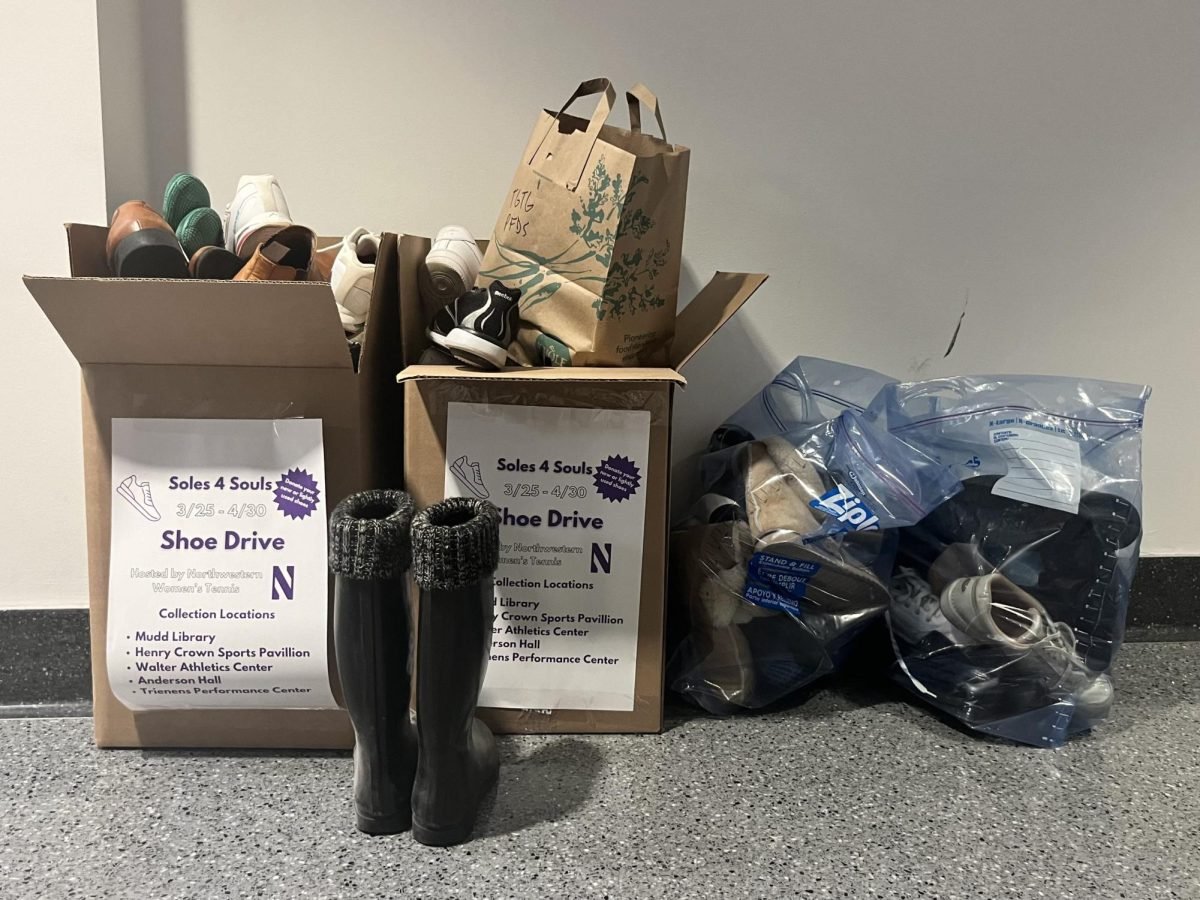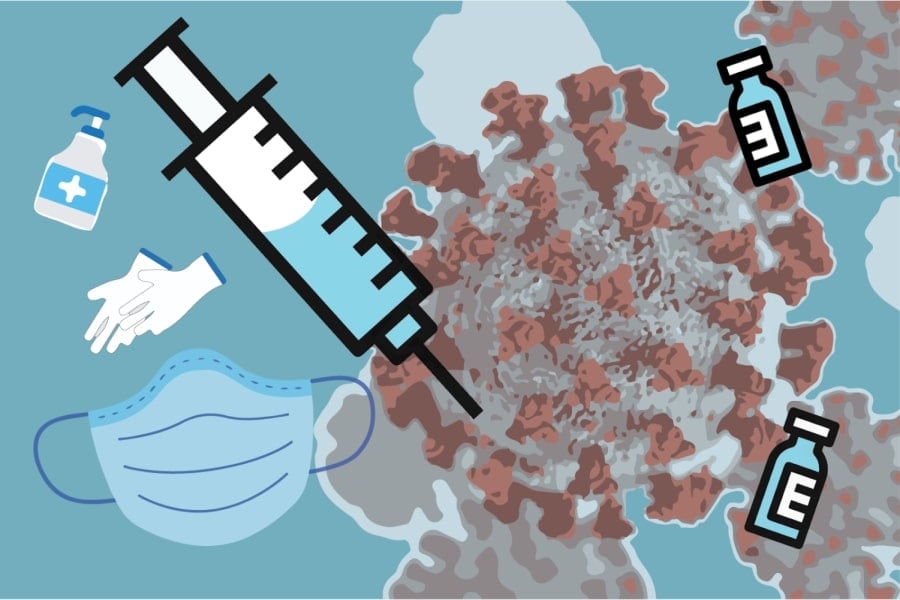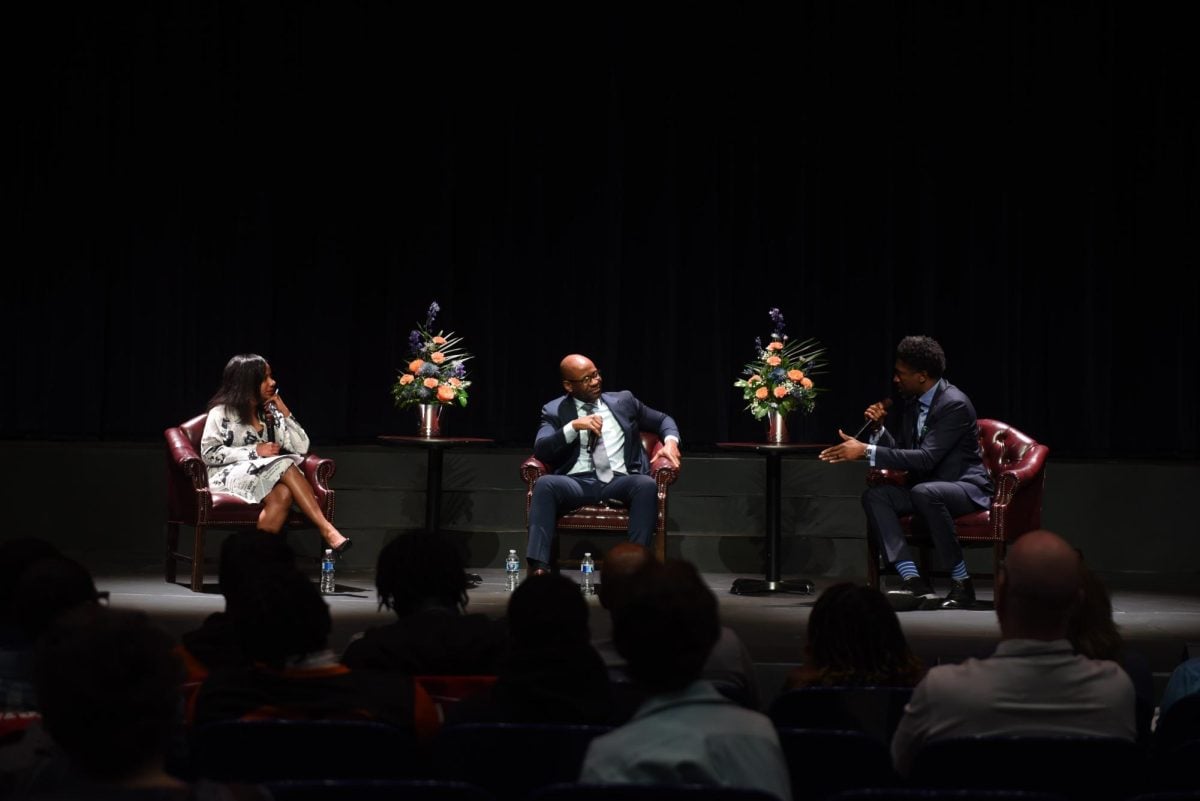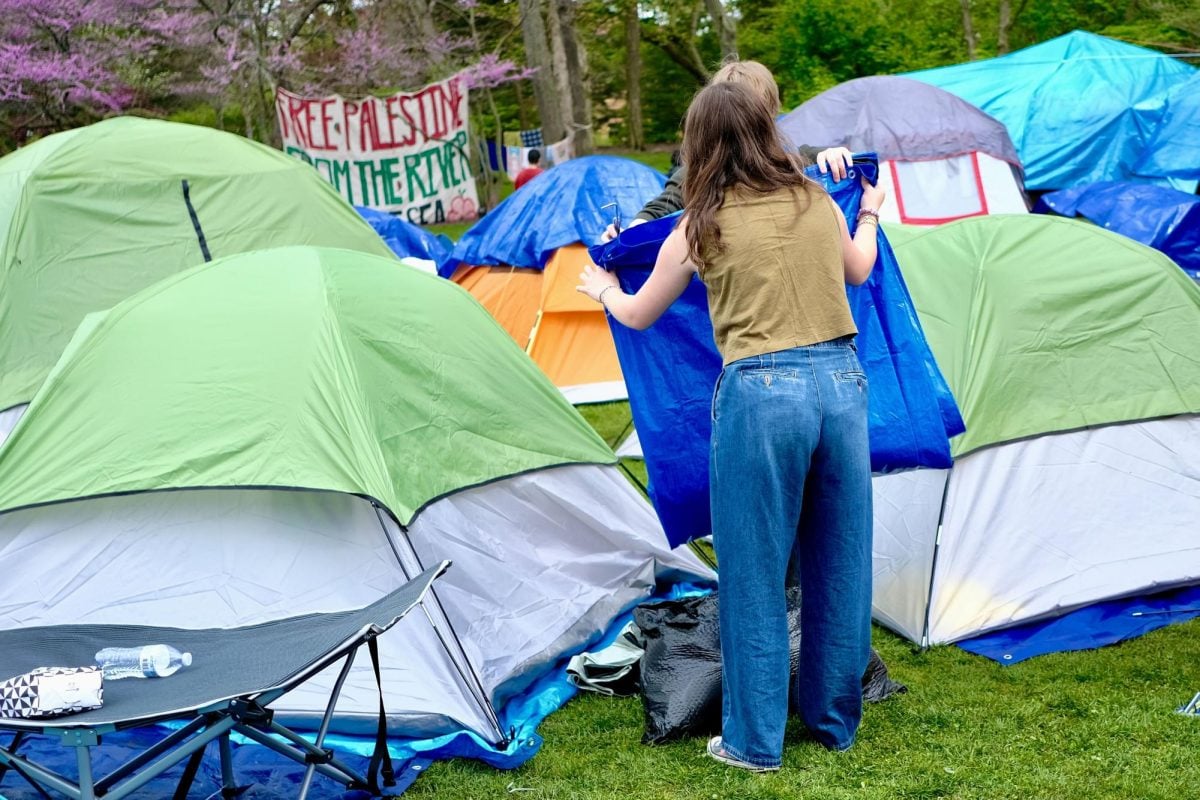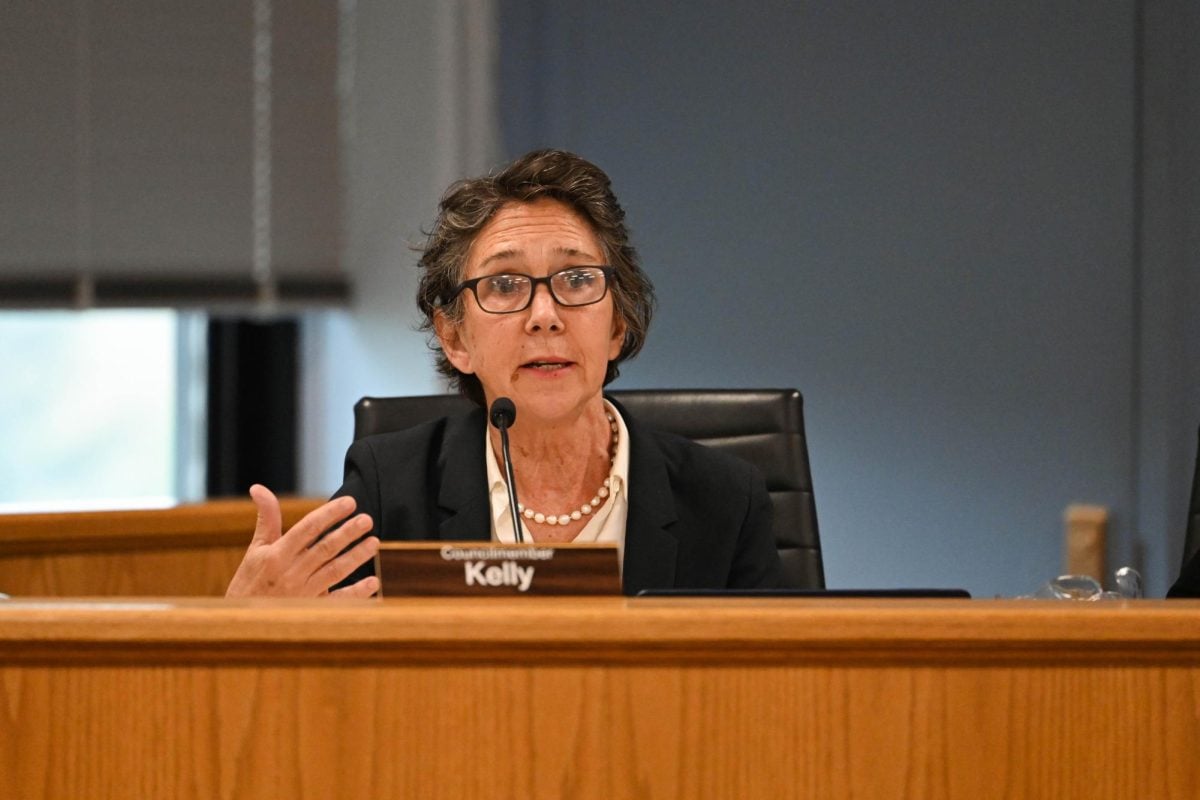We write as NU faculty members who are scholars of the Middle East and North Africa to present a perspective on the current violence in Palestine and Israel that is distinct from the one offered by University leaders in recent communications to the NU community. We also write as faculty who care for all of those in our community who are affected by these events.
We condemn all violence that kills civilians and we mourn the deaths of Palestinians as well as Israelis. We grieve with their loved ones.
There are omissions in several of these recent messages from leadership. For example, University President Michael Schill’s communication on Oct. 12 made no mention of the violence that the Israeli military has undertaken against Palestinians in Gaza since last Saturday, and that is occurring as we write.
The details of the blockade and bombing are widely known: children without water, indiscriminate bombing of homes and neighborhoods, a calamitous collapse of the health care system and desperate shortages of water, food, electricity and medicine.
Palestinians in Gaza are experiencing the fiercest airstrikes in the 75-year history of the conflict; the Israeli military says it has dropped 6000 bombs on Gaza in just the first six days of this war. For comparison, the international anti-ISIS coalition dropped an average of 2,500 bombs per month across 46,000 square kilometers in Syria and Iraq.
And still, many of the communications from NU leadership make no mention of the existence of the Palestinian people. They do not acknowledge the existence of our Palestinian and Arab faculty, students and staff at NU. These are members of our community who are also hurting. This omission denies the fact that Palestinian civilians are currently being killed in large numbers, while simultaneously struggling to survive under a severe siege. The omission of Palestinians causes harm. It erases Palestinian humanity. It ignores the hurt, fears and concerns of members of our own community.
The leaders’ messages also address the attacks by Hamas as if they came out of nowhere. They did not. The State of Israel has imposed an indefinite blockade and effective humanitarian stranglehold on the Gaza Strip since 2007. Today, over 2.2 million people are confined to an area the size of Detroit. More than 65% of them now live below the poverty line. Half are children. Many experts consider the blockade to be in violation of the Fourth Geneva Convention and its stipulations for the humanitarian protection of civilians in war zones. The Office of the UN High Commissioner for Human Rights has said that the siege “constitutes collective punishment.”
To condemn Hamas’s attack while ignoring this broader context is to fail to understand how we got where we are today. Decontextualized declarations dismiss Palestinians’ struggle for rights and self-determination. They neglect the root causes of today’s violence. They foreclose the serious engagement that will be needed for genuine peace.
The war in Palestine and Israel will likely last for some time. The NU community must find a way to talk about these issues openly and with care and respect for all parties involved. We look forward to that conversation.
Hannah Feldman, Associate Professor of Art History
Katherine Hoffman, Associate Professor of Anthropology
Rebecca Johnson, Associate Professor of English and the Humanities
Elizabeth Shakman Hurd, Professor of Political Science and Religious Studies
Brannon Ingram, Associate Professor of Religious Studies
Wendy Pearlman, Professor of Political Science
Michael Rakowitz, Professor of Art
Jessica Winegar, Professor of Anthropology
Emrah Yıldız, Assistant Professor of Anthropology
If you would like to respond publicly to this op-ed, send a Letter to the Editor to [email protected]. The views expressed in this piece do not necessarily reflect the views of all staff members of The Daily Northwestern.

